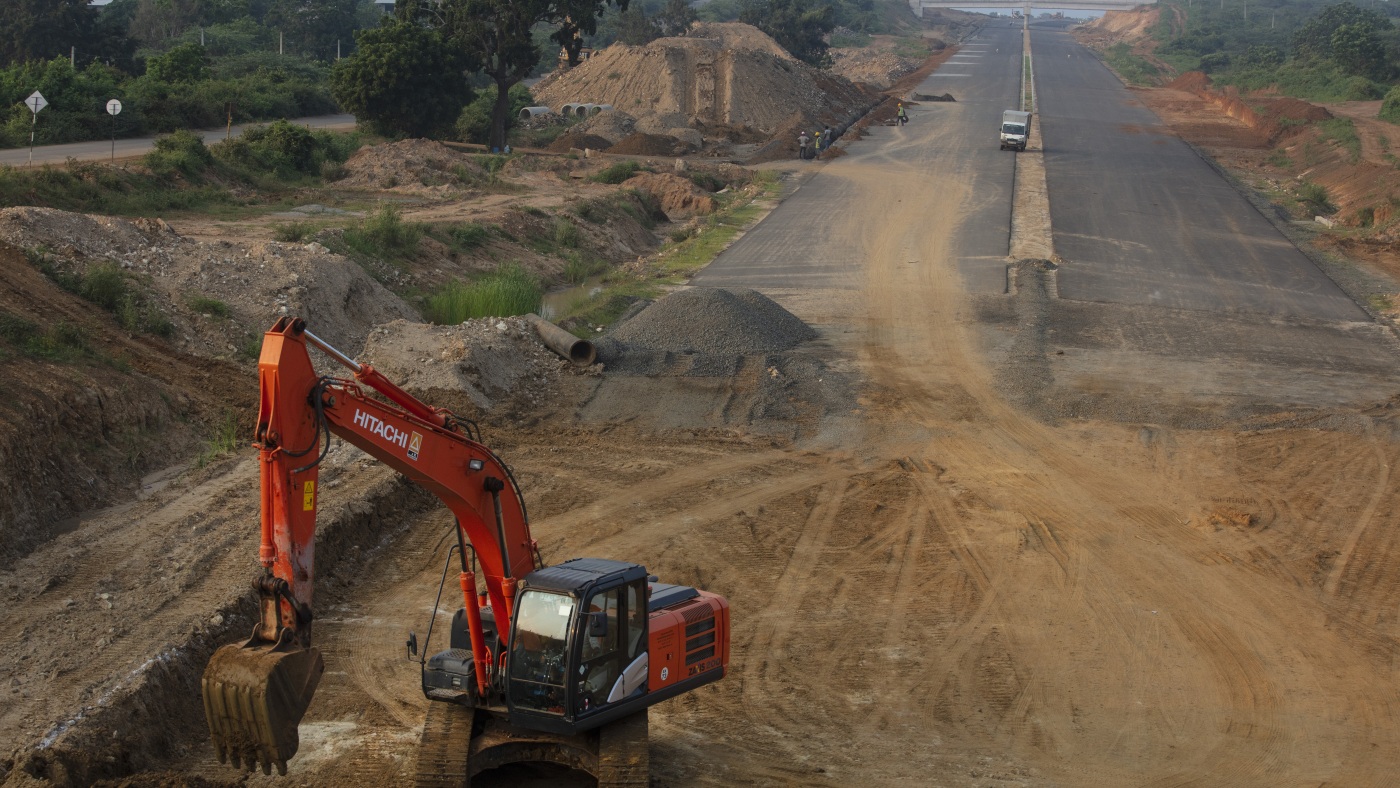China’s financial footprint in the developing world is changing fast. Once a major lender, China is now stepping back, becoming a significant debt collector instead. This shift poses serious risks for countries struggling with poverty and instability.
China’s Belt and Road Initiative aimed to build infrastructure in many developing nations, funding railways, ports, and roads. However, lending began to decline even before the COVID-19 pandemic. A report from the Lowy Institute indicates that internal pressure in China to manage unsustainable debt has prompted this change.
Deborah Brautigam, an expert from Johns Hopkins University, notes that China’s approach to lending is evolving. She’s observed that the country is learning from past mistakes in debt management. “They are more cautious about debt sustainability now,” she said. Recent data shows that over 25% of external debt in developing countries is owed to China. This year alone, these countries are expected to repay around $35 billion to Beijing.
While some nations, particularly those with valuable resources, like lithium or cobalt (e.g., the Democratic Republic of Congo), remain unaffected, others are feeling the squeeze. Countries borrowing from China during the last decade find their debt repackaged into payments that drain resources. A 2023 Associated Press analysis highlighted that nations like Zambia and Kenya are struggling to balance debt servicing and essential services like education and healthcare.
The wider economic climate isn’t helping. Rising U.S. tariffs and decreased global aid from America and Europe add to the financial strain. Unlike the U.S., which offers grants, China’s help typically comes in the form of loans that bear interest. As grace periods on these loans expire, countries are grappling with increased pressure on their budgets.
Recent events in Kenya illustrate this shift vividly. Approximately 10% of Kenya’s external debt comes from China, with some projects, like the Nairobi-Mombasa rail line, under scrutiny for corruption and inefficiency. Political leaders are leveraging public sentiment around these debts, as seen in William Ruto’s election campaign which highlighted anti-China narratives.
Sri Lanka’s situation further exemplifies the risks. In 2022, it defaulted on its debts, mainly to China, which led to significant financial upheaval.
Overall, as countries navigate mounting debt and reduced financial support from global powers, the implications for development and stability are profound. Keeping this trend in mind, many experts urge a rethink of how debt is managed to foster sustainable growth in these vulnerable regions.
Source link






















